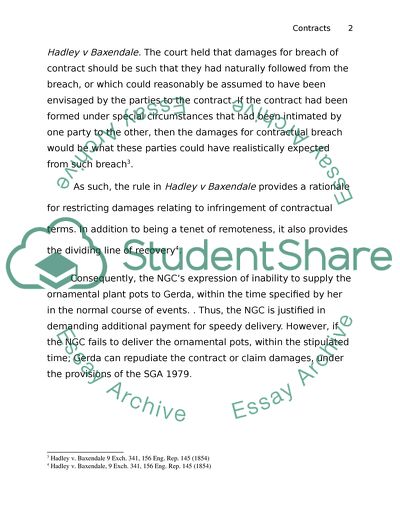Cite this document
(The Sale and Supply of Goods to Consumers Regulations Case Study - 8, n.d.)
The Sale and Supply of Goods to Consumers Regulations Case Study - 8. Retrieved from https://studentshare.org/law/1554192-contract-law
The Sale and Supply of Goods to Consumers Regulations Case Study - 8. Retrieved from https://studentshare.org/law/1554192-contract-law
(The Sale and Supply of Goods to Consumers Regulations Case Study - 8)
The Sale and Supply of Goods to Consumers Regulations Case Study - 8. https://studentshare.org/law/1554192-contract-law.
The Sale and Supply of Goods to Consumers Regulations Case Study - 8. https://studentshare.org/law/1554192-contract-law.
“The Sale and Supply of Goods to Consumers Regulations Case Study - 8”. https://studentshare.org/law/1554192-contract-law.


